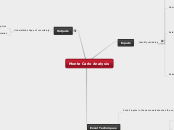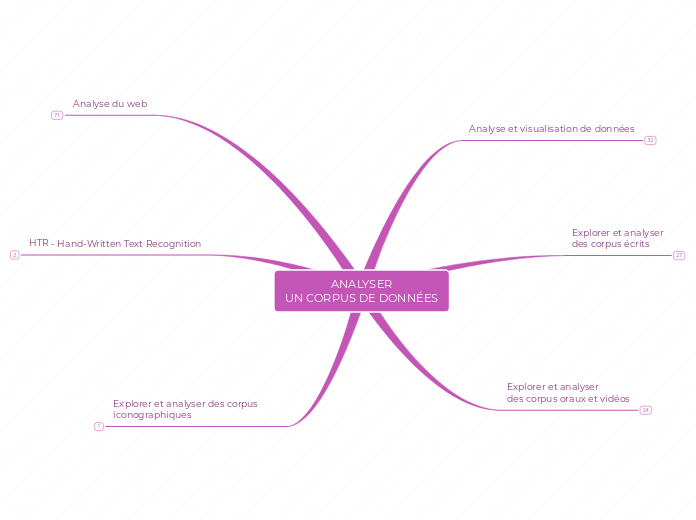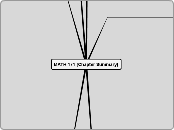Monte Carlo Analysis
Outputs
What is it that we are interested in knowing the distribution of?
Understand shape of uncertainty
Summaries
Graphics
Excel Techniques
How to simulate ANY probability distribution
Voilà
3. Use the inverse of the cdf to find what variable value corresponds with that point
2. This picks a point in the cumulative distribution function (cdf)
1. Draw from a [0,1] uniform
Put all inputs in the same worksheet as the outputs
Inputs
Identify variables
These are the most important variables I want to study.
Reasons to choose
It is under our control
It is of concern to some actors, but not others
It is "systematic"
We want to price the risk associated with it
There are differences of opinion concerning that input
We want to determine required operational margins
We know something about the distribution
Relationship between variables
Correlation
Assumed as intrinsic characteristic of the distribution
Must be stable
Independence
Uncorrelateness does not always imply independence
Independence is not transitive among variables
Number of variables
Be very wary of the "curse of dimensionality". Models become intractable very quickly when as we add inputs to our analysis.
Large number of variables can distort the outcome
Number should be restricted (to relevant variables only)
Have known probability distributions
I must be able to guess or know, with some degree of accuracy, the distribution of the uncertainty in the input variables.
This point cannot be stressed enough. If I have no idea what the distribution function of the inputs is, the whole analysis is useless.
Sometimes it is better not to pick the obvious input (if we know nothing about its distribution), but some other driver for which we have a better estimate of its distribution.
Assuming a normal distribution without convincing ourselves it makes sense (can the variable have positive and negative values? is the distribution likely symmetric? ...) is a sure recipe for disaster.
Standard Deviation
Have an effect on output









